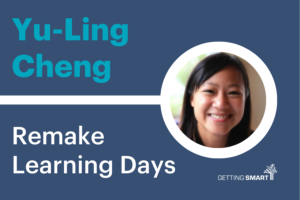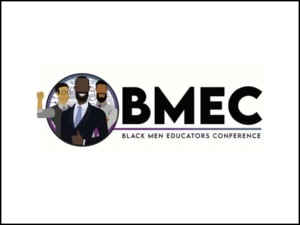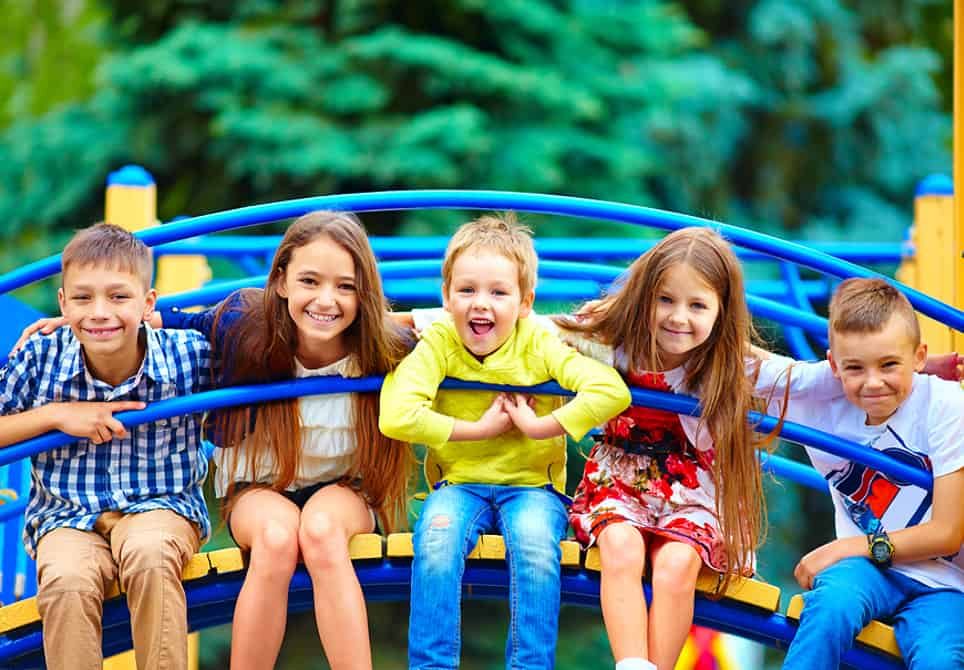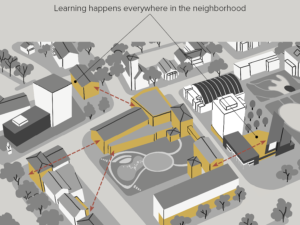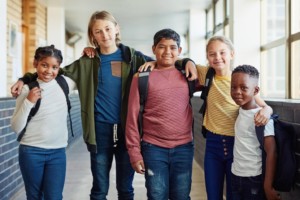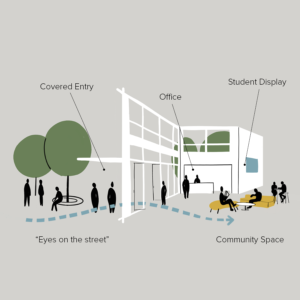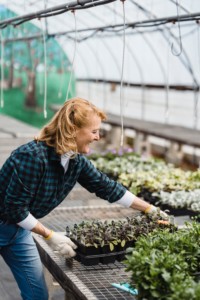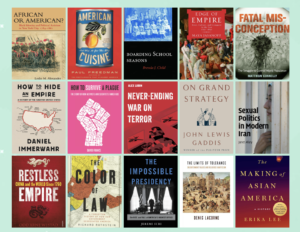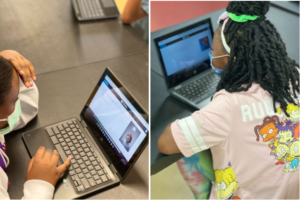Leading Together Toward Healthy Learning
[…] access institution leaders and student-success champions have learned over the last decade or more is that students are more often weeded out because of basic needs and life-happening challenges, such as housing insecurity, food insecurity, textbook costs, transportation costs, family dynamics, work responsibilities, sense of belonging, and mindset challenges. While academic issues do play […]
Black Men Educators Conference Recap
[…] in classrooms in defiance of anti-black curricula and other educational resources. Dr. Woodson, the second black man to graduate from Harvard University with a Ph.D. and a lifelong educator, was a central figure in what Dr. Givens terms a fugitive pedagogy that existed for generations among black educators and still impacts education today. Fugitive pedagogy […]
The Benefits of Play-Based Learning For All Ages
[…] for everyone because with playing, we nurture and foster personal expression, exploration and creativity. The benefits of play, said Nastovska, are that it can add joy to life, help relieve stress, supercharge our learning and also connect all of us to others and the world around us (See this Help Guide for more information). Play […]
Learning In Community–What Does it Look Like?
[…] learning ecosystems place high value on community connections, a natural benefit is more “eyes on the street,” (a term coined by Jane Jacobs in The Death and Life of the Great American City) a pivotal concept in safe neighborhoods. A key principle in this human-centered approach to design is the celebration of public space, […]
Afterschool Programs: Serving as Centers for Support, Access, and Equity
[…] the country quickly adapted and maintain meaningful connections for children and families who had been separated from their peers during the school closure. These programs are a lifeline for many families as they continue to: Provide childcare, academic tutoring, and other related services. Support for social and emotional well-being; collaborate with schools on hybrid […]
How Design Thinking Transforms Communities, One Project at a Time
[…] in DesignEd4Resilience to: Develop community disaster plans and co-create logistical centers to respond to devastating hurricanes. Create toolkits and resources for emotional and mental well-being during pro liferating pandemics. Build community gardens and shared farming plots to protect from food shortages. It’s a way to connect us to each other with openness and empathy. […]
Welcoming Entry and Layered Access
[…] building, we can see the elements that foster community and connection–key ingredients in safe, healthy communities of learning. Jane Jacobs, in her seminal work “The Death and Life of Great American Cities,” identified a key element of safe, vital communities as “eyes on the street” — the presence of people with a visual connection […]
Real World Learning About Sustainability
[…] for educators beginning to take first steps into understanding and using the SDGs, he highly recommends these resources: Flourish Project: SDGs for the Early Years, the Good Life Goals Pack of Actions and the Inspire Citizens Design Sprint which is an excellent tool to explore in designing learning experiences that embed concepts related to sustainability. […]
Students Work To UnTextbook Their Learning
[…] of my other producers and the great people who have also been a part of this project, I’ll never forget it everyone, at least once in their life, should get involved with different people from different backgrounds and different stories just to gain new perspectives, because truly you do learn a lot.” Talk about […]
The Future of Learning is Wellness: Turnaround for Children and Thrively
[…] prompts educators to support students in understanding and protecting their own wellbeing, rather than leaving educators to make assumptions about students based solely on observable behaviors or life circumstances. This tool can encourage my peers to reflect on their well-being without much pressure. “We have a Thrively Thursday where we check our emotions and […]
